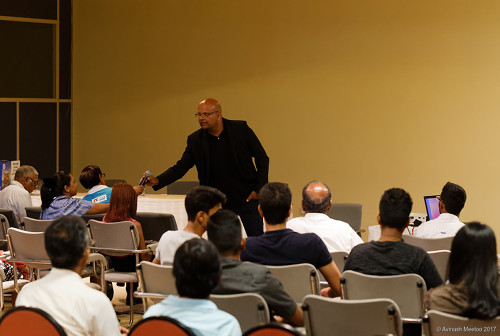
On 2 December 2017, I did something cool. I gave the microphone to others.
I was supposed to make (yet another) presentation on Innovation as a major enabler in the transformation of Mauritius during Infotech / Innovtech 2017. During the past few months, I have realised that, sitting in our tour d’ivoire, it is impossible for us to have all the answers concerning on how to create a culture of innovation in Mauritius.
Inspired by a similar session by Prof Chinapah during eLearning Africa 2017, I decided to simply ask a few questions during my talk and let the members of the public give answers. My job was then simply to collate everything and share with you all, including the Minister of Technology, Communication and Innovation as well as the administrative staff of the Ministry.
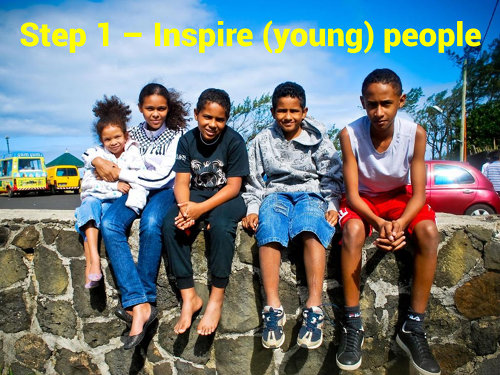
Question 1: How can we inspire (young) people of Mauritius?
- It is important to explain what innovation is and why Mauritius needs to be innovative.
- Role models need to be identified and they should come to school to show what they do.
- Puzzles, kits, robots, etc. need to be given to kids at school so that they can experiment, collaborate and play.
- Kids need to have more activities and games at school instead of just listening and writing.
- Kids need to be able to travel to discover new countries, people and cultures (e.g. exchange programmes).
- Focus at school need be on collaboration and sharing, not competition.
- There is a need to recognise that there are different kinds of intelligence, not only academic.
- STEM (science, technology, engineering and maths) need to be introduced early and in an interesting way.
- Proper and sincere recognition need to be given whenever a kid succeeds (in any way).
- Teachers should impose less on kids, they should even ask kids what they would like to know.
- The teacher to student ratio need to be as high as possible.
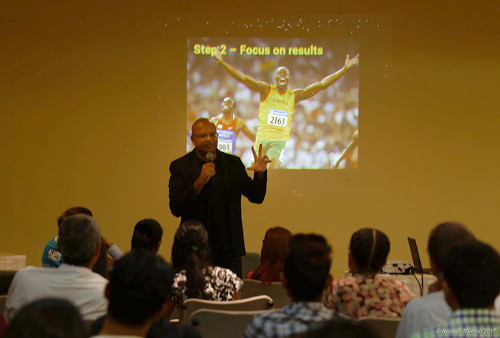
Question 2: How to make the population focus on end results?
This question proved a bit harder for me to explain: my point is that a lot of energy is wasted focusing on details which are not important. I mentioned that we should, as a nation, understand what benefits a project can bring in the medium- and long- term and, if sacrifices need to be made in the short-term, so be it. I got the following answers:
- Whoever initiates (big) projects need to communicate its intent and benefits as clearly as possible (“good marketing”).
- The projects need to be explained in the context of the common good and common space that we all share.
- Success criteria need to be properly identified (someone mentioned that, until the population stops thinking that owning a BMW or a massive house is real success, then this is going to be difficult).
- Projects need to address issues that are important (e.g. leveraging our territorial waters, solving traffic problems, making our lives better).
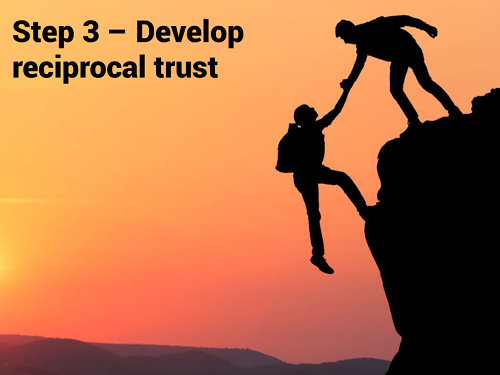
Question 3: How to develop reciprocal trust among Mauritians?
It is clear that we, Mauritians, do not trust each other. We love to criticise (la critique est facile, l’art est difficile…) without trying to empathise (i.e. understanding the point of view of the other).
- We need to be honest (and, dare I say, stop bullshitting each other).
- We need to learn to say “Bonjour” when we meet others.
- Mauritians need to collaborate with others and create synergies.
- Our collaborations should not only be about getting more money.
- Our mentality should change about “the other” and this needs to start at school.
- We should introduce a happiness metric (as Bhutan did in the past): are we really happy?
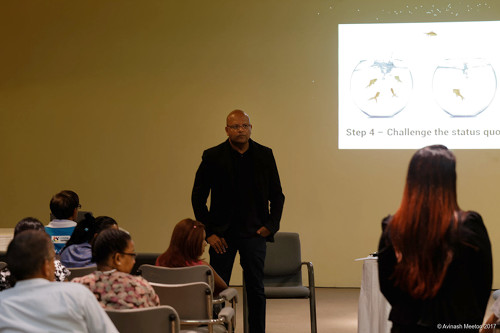
Question 4: How can we challenge the status quo?
Aha. Since I’ve returned to Mauritius 20 years ago after spending five years in France, I have noticed that we love repeating things that don’t work over and over again. I’ve seen that as a consultant (recruit young people, make them miserable, allow them to leave and repeat), in education (recruit bad teachers and unguided students, teach irrelevance, have easy exams, create generations of badly-trained people and repeat) and now in ministries (organise numerous workshops in posh hotels, write reports which no one will ever read, only few recommendation taken into account and repeat).
- Mauritius is suffering from a massive brain drain and, consequently, the number of remaining people of sufficient caliber is not enough for everything that needs to be done. We need to find ways to encourage the diaspora to come back (better scope, more transparency, better salaries, etc.)
- We need to favour and better encourage risk takers: they are the ones who challenge the status quo by being leaders, others are just followers.
- We need to change our mindset towards the success of others: we should stop hating others for their success.
- We need to have platforms to share ideas and opportunities: it is difficult to innovate alone.
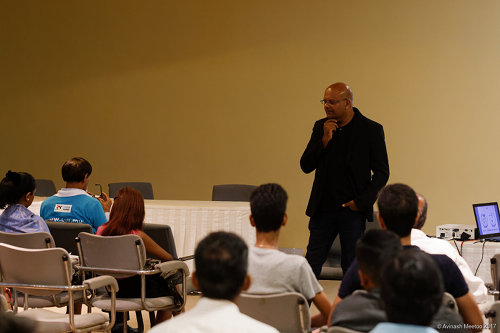
Phew!
Thank you to all those who have contributed their thoughts about how to make Mauritius better. I always tell pretty much anyone that Mauritius can be the best country in the world if we address some fundamental issues. While writing this post, I realised that these issues are obvious and, in some ways, easy to address provided:
- We stop bullshitting ourselves.
- We stop hating others for their success.
- We start working together.
Right now, I am in between two minds about this happening soon. On one hand, we need to or else other countries will quickly overtake us. But, deep inside us, we still have this tendency to hate others for their success. How can this be addressed? How can our mentality change so that we understand that we are all in the same boat and, without collaboration, nothing will happen?
In my opinion, this can only happen at the very top level: the Prime Minister need to make us want to work together for the common good.

[…] Transformation of Infotech into Innovtech (November 2017) […]